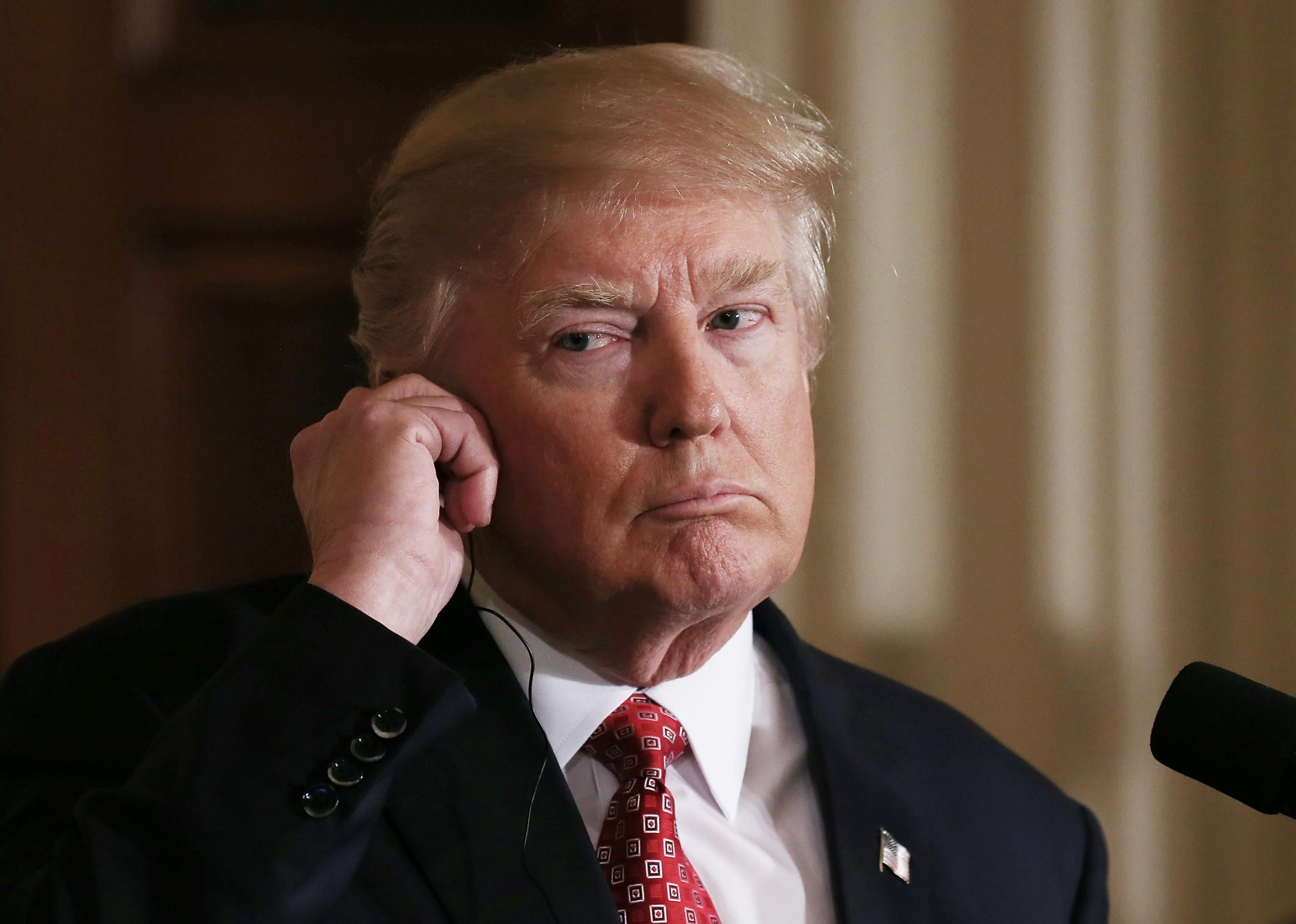US shift on two-state solution 'doesn't make sense', Palestinians say
Remarks come after White House official says peace in Israeli-Palestinian conflict does not necessarily mean recognising a Palestinian state

Your support helps us to tell the story
From reproductive rights to climate change to Big Tech, The Independent is on the ground when the story is developing. Whether it's investigating the financials of Elon Musk's pro-Trump PAC or producing our latest documentary, 'The A Word', which shines a light on the American women fighting for reproductive rights, we know how important it is to parse out the facts from the messaging.
At such a critical moment in US history, we need reporters on the ground. Your donation allows us to keep sending journalists to speak to both sides of the story.
The Independent is trusted by Americans across the entire political spectrum. And unlike many other quality news outlets, we choose not to lock Americans out of our reporting and analysis with paywalls. We believe quality journalism should be available to everyone, paid for by those who can afford it.
Your support makes all the difference.The US' apparent shift in stance on a two-state solution to the Israeli-Palestinian conflict "doesn't make sense," Palestinian leaders have said.
"If the Trump administration rejects this policy it would be destroying the chances for peace and undermining American interests, standing and credibility abroad," Hanan Ashrawi, a senior member of the Palestine Liberation Organisation (PLO), said on Wednesday.
The remarks come after an official in US President Donald Trump's administration said that the new president was keen to broker a peace deal in the intractable conflict, but that peace may not come in the form of a two-state solution.
“A two-state solution that doesn’t bring peace is not a goal that anybody wants to achieve. Peace is the goal, whether it comes in the form of a two-state solution, if that’s what the parties want, or something else," a senior official told reporters on condition of anonymity.
“If that’s what the parties want, we’re going to help them. We’re not going to dictate what the terms of peace will be.”
The Palestinian Authority said it has not received any official notification that US policy has changed.
Nonetheless, the apparent shift, on the eve of Israeli Prime Minister Benjamin Netanyahu's first official visit to the Trump White House, marks a dramatic change from the views of Mr Trump's predecessor, Barack Obama.
Mr Obama's administration believed there was no alternative path forward in the Middle East peace process, and was critical of steps it believed endangered a two-state solution, such as Israeli settlement building over the 1967 Green Line.
Successive US administrations have for decades supported a two state solution. Mr Trump, however, positioned himself as an unwavering ally of Israel on the campaign trail, and has not swayed from that stance since entering office.
Mr Netanyahu will visit the White House for talks with the president before meeting both Republican and Democrat lawmakers on Capitol Hill.
Mr Trump's election was by and large welcomed in Israel. One senior politician said the country once again "had a friend in the White House".
Several bold moves from the Israeli government, including the announcement of more than 11,000 new settler homes in the West Bank and legislation retroactively legalising 'outpost' Jewish homes built on private Palestinian land, are thought to have been encouraged by Mr Trump's entry into the White House.
Subscribe to Independent Premium to bookmark this article
Want to bookmark your favourite articles and stories to read or reference later? Start your Independent Premium subscription today.
Join our commenting forum
Join thought-provoking conversations, follow other Independent readers and see their replies
Comments